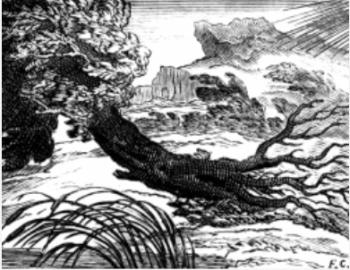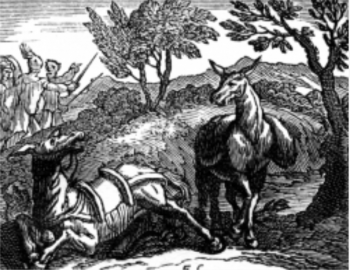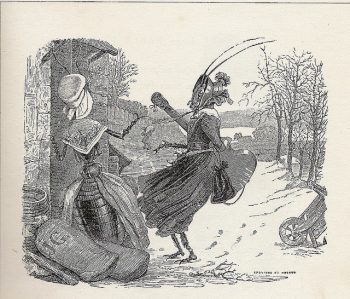Archive for May, 2014
French Grammar: The *NE* explétive Posted by Hichem on May 31, 2014
*NE*… A two-letter word can be a source of serious confusion for new French learners! What is it exactly? It is un adverbe called the “ne explétif.” When do we use it? Right after some verbs and conjunctions. It is used in situations where the main clause has a negative meaning (in the sense of negation), or expressing situations of warning, doubt…
Les Fables de La Fontaine: Le Chêne et le Roseau Posted by mtaulier on May 28, 2014
Le Chêne et le Roseau (The Oak and the Reed) is one of my favorite fables from the 17th century fabulist Jean de La Fontaine. I clearly remember having to recite it in front of the class when I was in second grade. Unlike the previous fables we explored—Le Corbeau et le Renard (The Crow…
Les Fables de La Fontaine: Les Deux Mulets Posted by mtaulier on May 26, 2014
Today we’ll be exploring another of La Fontaine’s fables, this one entitled Les Deux Mulets (The Two Mules). Like the first two, Le Corbeau et le Renard (The Crow and the Fox) and La Cigale et la Fourmi (The Grasshopper and the Ant), this story centers on the (almost human) interaction between two animals. C’est un…
Parlez-vous Français?: A Study of French Expressions (Part 3) Posted by mtaulier on May 21, 2014
Let’s discover some more French expressions, some of which may be completely foreign to you. **Phrase in parentheses is the literal translation, or as close to it as possible.** Il fait un temps de chien! (It a dog time!) – It’s very bad weather! Coincer le bulle (Trapping the bubble) – Not doing anything, relaxing…
Les Fables de La Fontaine: La Cigale et la Fourmi Posted by mtaulier on May 19, 2014
Jean de La Fontaine is undoubtedly one of the most famous fabulists (one who writes fables) who ever lived. Born in 1621, he was a contemporary of King Louis XIV and was celebrated for his fables involving talking animals and insects. His works have never waned in popularity and have been translated into dozens of…
Who Wants a Last Dance in Paris? Posted by Hichem on May 17, 2014
Care to improve your French comprehension skills by joining Indila for une dernière danse (a last dance) in the streets of the French capital? * * * Indila’s new song “Dernière danse” (“Last Dance”) Oh, ma douce souffrance Oh, my sweet suffering Pourquoi s’acharner, tu recommences Why try so hard, you start again Je ne suis…
Parlez-vous Français?: A Study of French Expressions (Part 2) Posted by mtaulier on May 16, 2014
I hoped you learned a few French expressions from the last post that you might not have been familiar with. Today, we’ll continue our little study of colloquialisms that will make you think and speak à la Française. Keep in mind that some of these are more popular than others and they might differ slightly…









